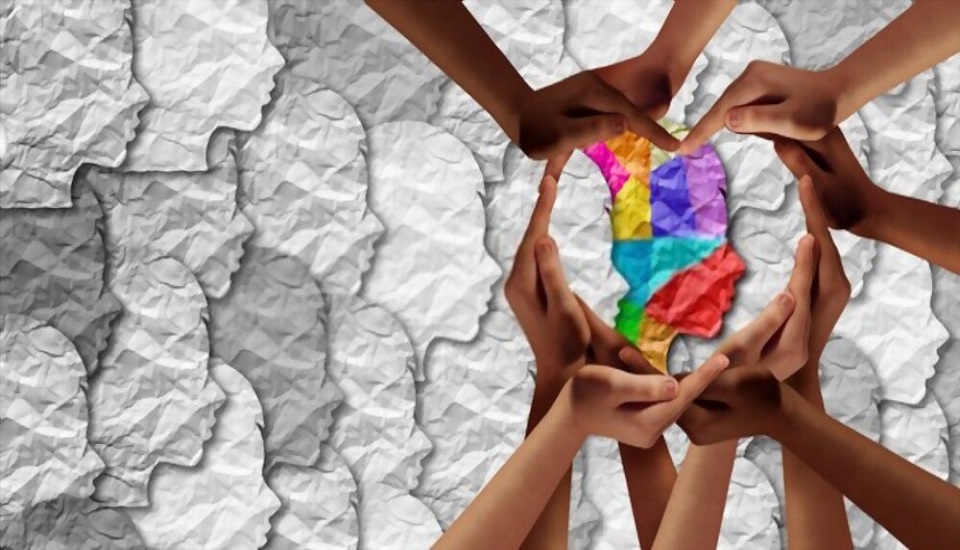Special Transition Routines For Special Kids
14th December 2021

Transitions in young children are sometimes hard to deal with. The transition idea often becomes unacceptable for children. The transition activities for kids help them to deal with their whims and tantrums but it is not always possible for children with special abilities. SEN courses for teachers help educators to formulate strategies that can be implemented to tackle the transitions of special kids.
In ordinary cases, transitions are not that difficult to manage. Children who have developmental issues go through this phase a lot and that is indeed a difficult one. Kids having learning disabilities, ADHD, etc., take a lot of time to go through transition phases. For example, if they are doing a task that is making them happy, it becomes almost impossible to change their mind from that task to something else.
Specially designed transition routines are, therefore, framed for gifted children so that it becomes easy to handle their whims and tantrums. Autistic children do not like to go out of a particular routine. They become upset and often feel that people are not satisfied with their performance.
Types of transitions:
Early childhood educators, preschool teachers, and SEN teachers have often discovered that the transition in special children has taken very unusual shapes. The reactions of these children are very unpredictable and overwhelming. They tend to avoid situations, restrict themselves from doing tasks, and are also found getting distracted.
When it comes to autistic kids, a transition is actually a dangerous thing for them. These kinds have a tendency of accepting whatever they are being told. They do not understand how to differentiate between sarcasm, jokes, or serious compliments. Therefore, due to cognitive inflexibility, their abilities to adapt to new things become really tough.
One Year Of Pandemic Learning In Special Education
The neurons of ADHD kids in their reward centers are fewer in numbers. Hence, whenever you ask them to stop doing something, they feel that it is less rewarding. They hyper-focus on everything and thus do not want to leave something they are doing.
Anxiety is another issue that hits the brain of the kids to the next level. Anxious kids have the tendency of doing everything perfectly. Let's say, an anxious kid is scared of clowns. Be it a carnival, a movie scene, or anything, if that kid sees a clown, he/she will be terrified. This often leads to sheer screams and tantrums.
There are many other cases also where transitions have often ended up creating pathetic scenarios. Sometimes, due to transitions, the classroom environment also gets hampered. Other children who have the capabilities to adapt to things quickly do not react much whenever any different situation comes up. But, special kids do that often and the entire ambiance of a classroom gets messed up.
How to support the needs of a child during transitions?
Special education needs (SEN) courses for teachers play a great role in imparting knowledge of how to support the needs of a child during transition. They provide simple yet effective tools to support children and help them to overcome their fears.
Creating transition routines: This is just like any other routine that will help kids to get along to normal life gradually. Suppose, a special kid loves painting and right after the painting class sometimes there is a maths class which the child is not much fond of. This transition will always cause him/her anguishment. Hence, if such kids are introduced to a regular transition idea that after the painting class there will be a maths class, they will get used to it slowly.
Countdowns: This is a fantastic idea. A sudden change in plan or schedule often terrifies a special kid. Thus, while they are almost done with a task give them a countdown of, let's say, 10 minutes. In that 10 minutes, brief them on what is going to happen next. It might be another art and craft class, or any academic class. If gifted children are aware of what is happening next, it becomes comparatively easier for them to accept.
Transition song: Songs and rhymes have been often effective in helping a kid to get along with the transition phase smoothly. The "clean up" song is quite popular and apart from this many other cute songs are there which help the kids to adapt themselves to the upcoming phase.
Making connections: This approach is quite effective in helping children to cope up with changes. If teachers are emotionally connected to students, then a certain cozy feeling sneaks between them which makes them comfortable with one another. Specially abled children, most importantly those who are having ADHD, love connections. Talk to them often and assure them that you're always there beside them. This helps them to cope up more.
Reward and appreciation: Kids love getting appreciation and rewards. Suppose, you have set a transition schedule for them and they are performing quite well, give them a reward. You can buy them their favorite chocolate, a color book, a box of crayons, and can tell them in front of the whole class that they are doing a great job. This will boost up their enthusiasm and they will focus more to imbibe themselves to the transition process.
Thus, SEN courses for teachers always help learners to understand the emotional needs of special children. They can analyze the thought process of those kids and can cater to their needs accordingly. In the case of traditions, SEN teachers know the best methods to apply so that the gifted children do not feel terrified to adapt to a changing phase.
Written By : Katharina





